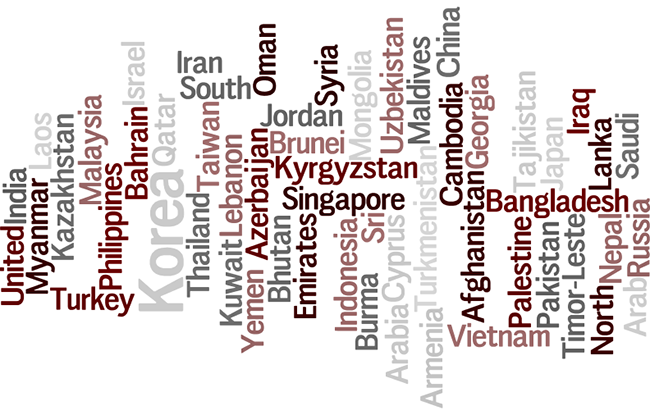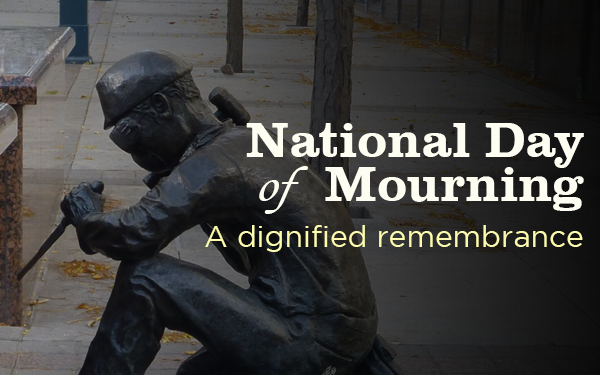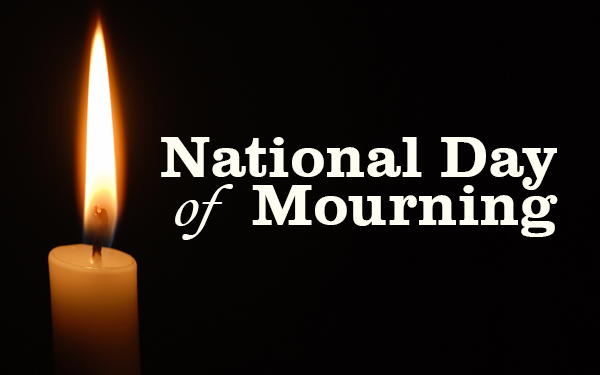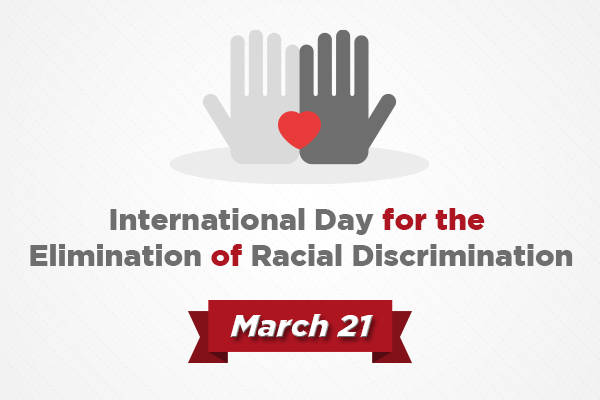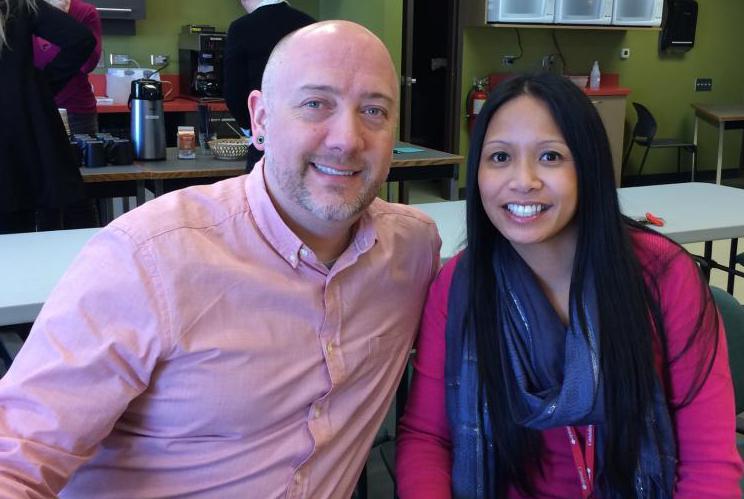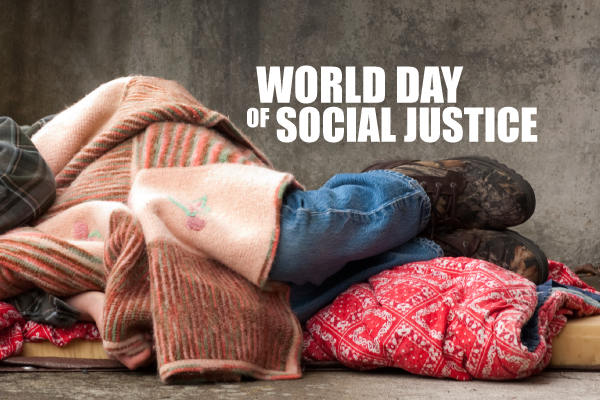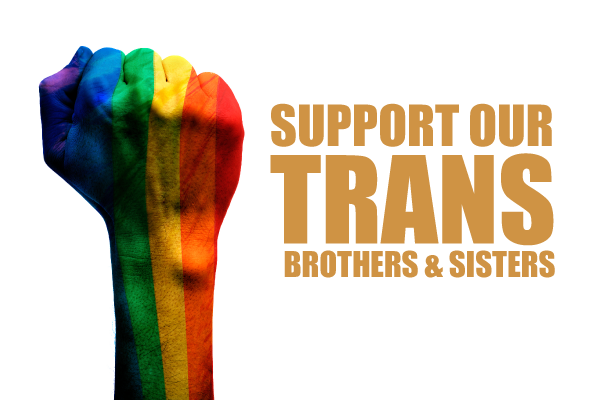
If you thought the Harper government was pulling the wool over the eyes of Canadians in order to further their maligned agenda, you’re mistaken; they’re doing it in plain sight. The Conservatives were bold enough to include language in Bill C-59 that says quite simply that the Treasury Board can establish terms and conditions of employment “despite the Public Service Labour Relations Act”.
Now, seeing as the Act is described as “An Act respecting labour relations in the public service,” how can this be seen as anything but a violation of the Charter of Rights And Freedoms as well as disrespect towards government employees and their families?
This is union-busting, period.
“We are in the midst of negotiations with Treasury Board right now,” said UNE President Doug Marshall. “Bill C-59 tells us that the government has no interest in good-faith bargaining, no regard for the Canadian constitution and the law, and no respect for workers.”
The budget was released just ahead of the PSAC’s recent triennial convention where delegates unanimously passed an emergency resolution to develop a meaningful campaign to oppose government actions that compromise members’ rights.
“We need people to understand that this government is doing whatever they want,” insisted Marshall. “We will defend our right to collective bargaining and we will not be intimidated by bully tactics such as this.”
As the campaign unfolds, the UNE will share this information with members so they have the knowledge and tools to fight back against the attacks the Harper regime is forcing on Canadian workers and families.
Bill C-59 puts into effect the Conservative budget of April 21, 2015, a budget that has made it apparent to our members, and to all Canadians, that this government has to go.
In that budget, the Conservatives unveiled their latest attempt to deceive Canadians with their Pinocchio budget; nothing more than number juggling, spin, and propaganda, in order to meet the Harper government’s promise of a balanced budget.
Up until a couple of years ago, the government has never even included a line item for sick leave. And that is because it is not now – and has never been – a financial liability. The Parliamentary Budget Officer and Statistics Canada have said that there is no cost for the current sick leave system. In contrast, the government would have to pay a private insurance company millions of dollars to administer a short-term disability plan. In spite of the facts, the government says that eliminating sick leave will result in a $900 million savings.
The government sold GM shares, but it claimed that the proceeds from the sale of shares would count as income. No accountant would agree that this is income: if we sold our home for $300,000, that doesn’t mean that we have $300,000 of added income! To add to the fraudulent accounting, although the Harper government received about $3 billion for the latest share sale, in total, the government received billions of dollars less than what it originally paid.
In order to produce a surplus, the government also claimed another $2 billion in income, which was “earned” by stealing two-thirds of the money set aside in a contingency fund for disaster reliefs.
This is not a balanced budget; it is nothing more than a slick Ponzi scheme. To make matters worse, the budget implementation law proposes to steal away the constitutional right to free collective bargaining.
We simply cannot afford another Conservative government. Not a majority – not a minority – not at all. We have to spread the word that this is unacceptable.


